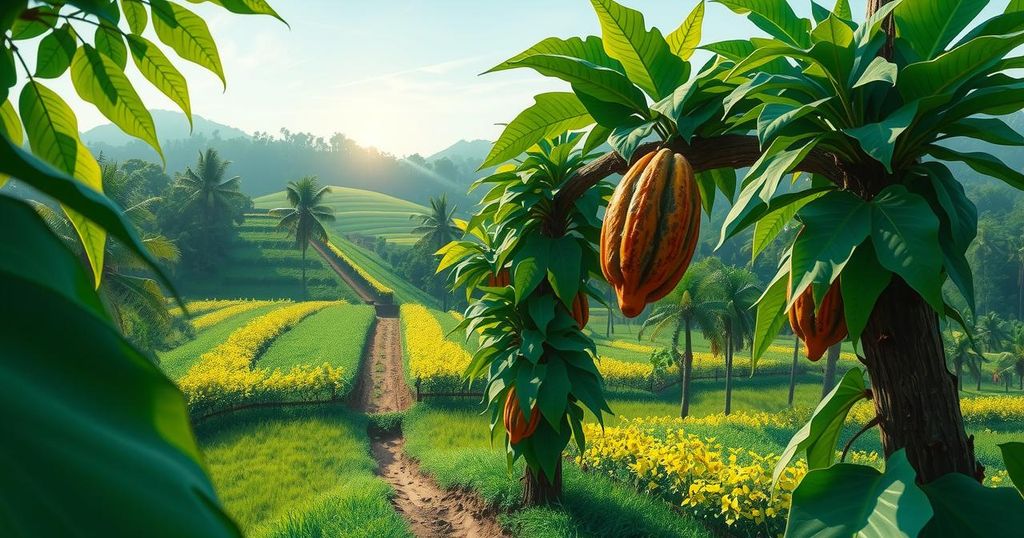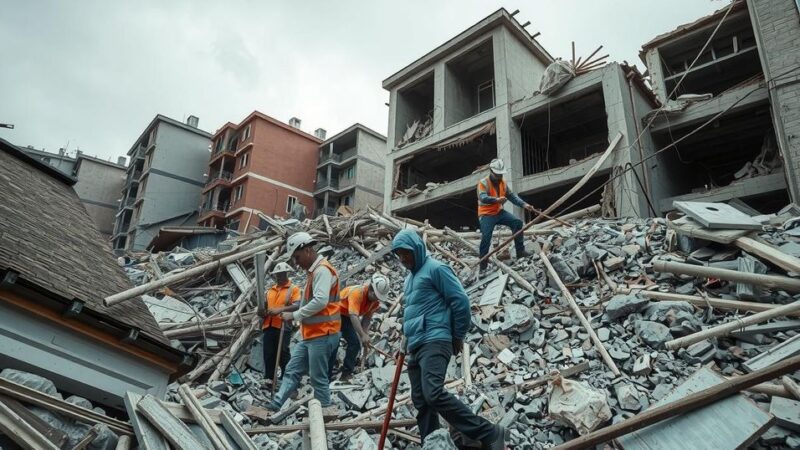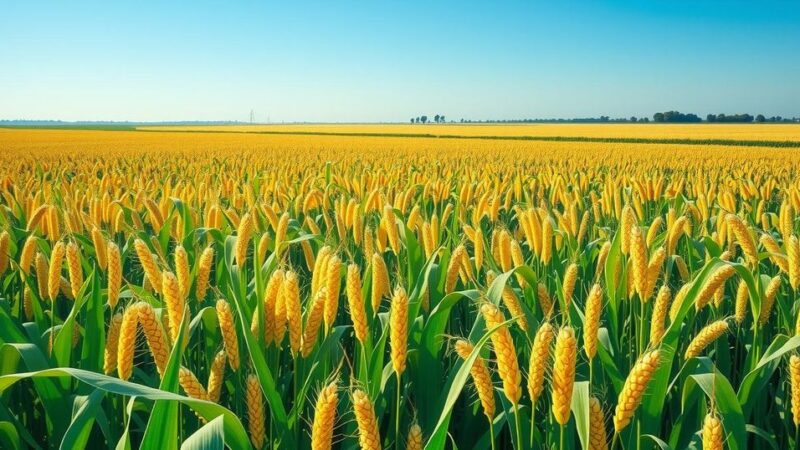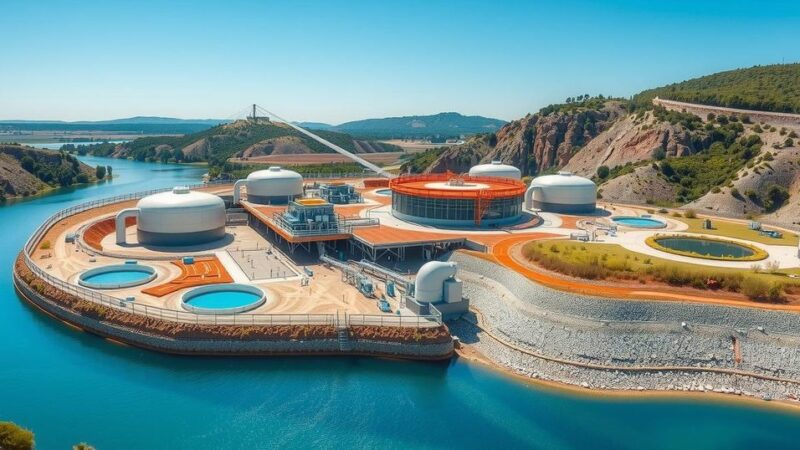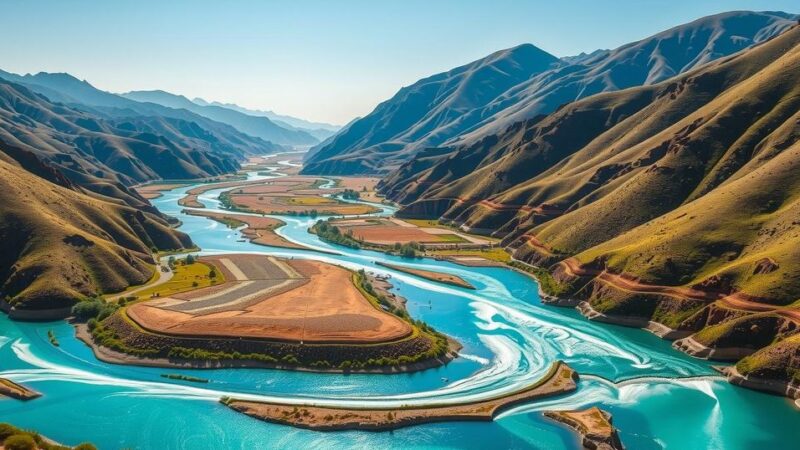Cocoa farmers in Indonesia are collaborating with businesses to tackle climate change and rising cocoa prices. Due to climate impacts, cocoa farming faces increased challenges, pushing prices higher, which reached about $12,000 per ton in 2024. Through partnerships, farmers are adopting innovative agricultural practices and forming cooperatives that offer financial support to enhance crop yields and ensure sustainability in cocoa production.
Cocoa farmers in Indonesia are taking proactive measures against the adverse effects of climate change through collaborations with businesses and organizations. These efforts are critical as cocoa prices have skyrocketed due to climate impacts and underinvestment. Cocoa trees, which require a specific environment to thrive, face greater risks due to hotter temperatures, prolonged rainy seasons, and unpredictable weather patterns, leading farmers to explore alternative crops.
As these challenges escalate, cocoa prices have surged nearly threefold, reaching approximately $12,000 per ton in 2024, affecting the chocolate industry. Indonesia ranks as the third-largest cocoa producer globally, following Cote D’Ivoire and Ghana. In response, Indonesian cocoa farmers are partnering with businesses and NGOs to enhance agricultural practices and improve their income.
Farmer Tari Santoso, based in Sumatra, exemplifies these initiatives through his collaboration with the chocolate maker Krakakoa. Since 2016, Santoso has embraced innovative agricultural methods including pruning and the integration of diverse crops, thus improving both the health of his cocoa trees and implementing sustainable practices. “It wasn’t very successful before we met Krakakoa,” he acknowledges, highlighting the positive transformation he experienced.
Krakakoa has educated over 1,000 farmers in Indonesia while providing essential financial assistance. This partnership also fostered the formation of cooperative lending structures, allowing farmers to obtain low-interest loans. In addition, it creates opportunities for cocoa farmers to secure larger loans with guaranteed buyer agreements serving as necessary collateral, aiding farmers in accessing broader financial resources for their operations.
In conclusion, Indonesia’s cocoa farmers are simultaneously combating climate change and improving their livelihoods through strategic partnerships with businesses and NGOs. By adopting sustainable agricultural practices, they are not only protecting their cocoa crops but also adjusting to the economic pressures caused by fluctuating cocoa prices. These collective efforts illustrate the resilience of farmers like Tari Santoso, showcasing the impact of cooperative movements on financial stability amidst environmental challenges.
Original Source: risingnepaldaily.com
